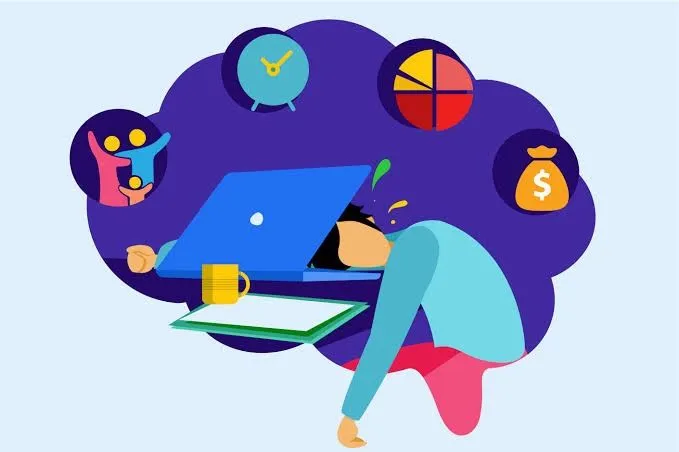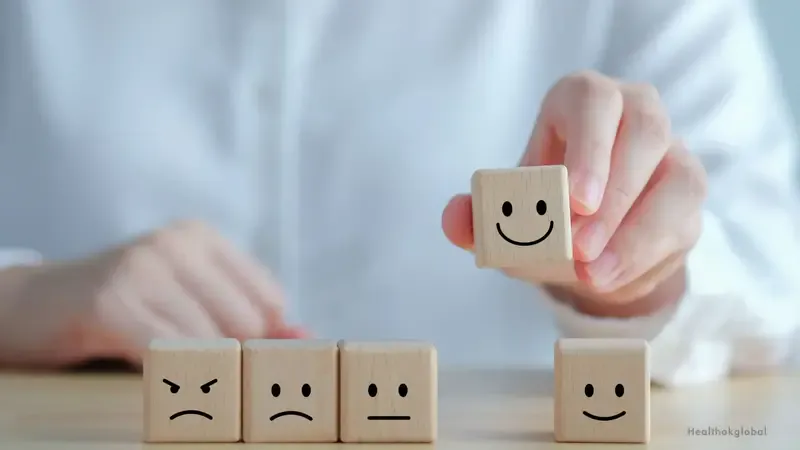2 in 10 (20%) students seriously considered attempting suicide and nearly 1 in 10 (9%) attempted suicide, highlighting the level of distress many students are experiencing
Teens face real mental health challenges that are often dismissed or misunderstood by adults. Here's what they wish adults truly knew about emotional struggles, support, and being heard.
Teens Are Dealing With a Lot—And Want to Be Heard
Real Things Teens Wish Adults Knew
“Just because I’m young doesn’t mean this isn’t real.”
“Sometimes I don’t know how to explain how I feel.”
“Saying ‘others have it worse’ makes me shut down.”
“I want you to listen, not fix everything.”
“Mental health doesn’t always look obvious.”
“I wish you’d share your feelings too.”
Start the Conversation—Even If It Feels Hard
Fear of being dismissed, judged, or misunderstood keeps many teens from opening up. They may also lack the language or emotional safety to express what’s going on inside.
Listen without judgment, avoid minimizing, and check in consistently. Create a space where teens know it’s okay to talk—even when they don’t have the words yet.
Respect their space, but stay present. Let them know you're available without pressure. Sometimes just knowing someone is there helps more than you think.





